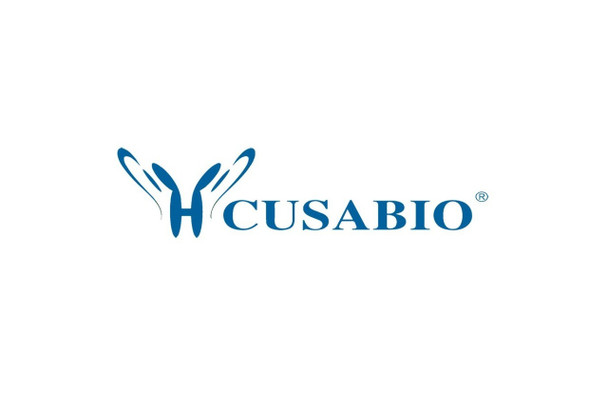Cusabio Polyclonal Antibodies
MYOD1 (Ab-200) Antibody | CSB-PA236318
- SKU:
- CSB-PA236318
- Availability:
- 3 to 7 Working Days
- Size:
- 100ul
Description
MYOD1 (Ab-200) Antibody | CSB-PA236318 | Cusabio
MYOD1 (Ab-200) Antibody is Available at Gentaur Genprice with the fastest delivery.
Online Order Payment is possible or send quotation to info@gentaur.com.
Product Type: Polyclonal Antibody
Target Names: MYOD1
Aliases: MYF3; MYOD; MYOD1
Background: MyoD encodes a nuclear protein that belongs to the basic helix-loop-helix family of transcription factors and themyogenic factors subfamily. It regulates muscle cell differentiation by inducing cell cycle arrest, a prerequisite formyogenic initiation. The protein is also involved in muscle regeneration. It activates its own transcription which may stabilize commitment to myogenesis.
Emmanuel G, et al. J. Biol. Chem., Jun 2000; 275: 18767 - 18776
Tintignac LA, et al. Mol Cell Biol. 2004 Feb; 24 (4) : 1809-1821.
Kitzmann M, et a. Mol Cell Biol. 1999 Apr; 19 (4) : 3167-3176.
Isotype: IgG
Conjugate: Non-conjugated
Clonality: Polyclonal
Uniport ID: P15172
Host Species: Rabbit
Species Reactivity: Human, Mouse, Rat
Immunogen: Peptide sequence around aa.198~202 (A-S-S-P-R) derived from Human MyoD.
Immunogen Species: Human
Applications: ELISA, WB
Tested Applications: ELISA, WB;WB:1:500-1:1000
Purification Method: Antibodies were produced by immunizing rabbits with synthetic peptide and KLH conjugates. Antibodies were purified by affinity-chromatography using epitope-specific peptide.
Dilution Ratio1: ELISA:1:2000-1:10000
Dilution Ratio2: WB:1:500-1:1000
Dilution Ratio3:
Dilution Ratio4:
Dilution Ratio5:
Dilution Ratio6:
Buffer: Supplied at 1.0mg/mL in phosphate buffered saline (without Mg2+ and Ca2+), pH 7.4, 150mM NaCl, 0.02% sodium azide and 50% glycerol.
Form: liquid
Storage: Upon receipt, store at -20°C or -80°C. Avoid repeated freeze.
Initial Research Areas: Epigenetics and Nuclear Signaling
Research Areas: Epigenetics & Nuclear Signaling;Developmental biology






